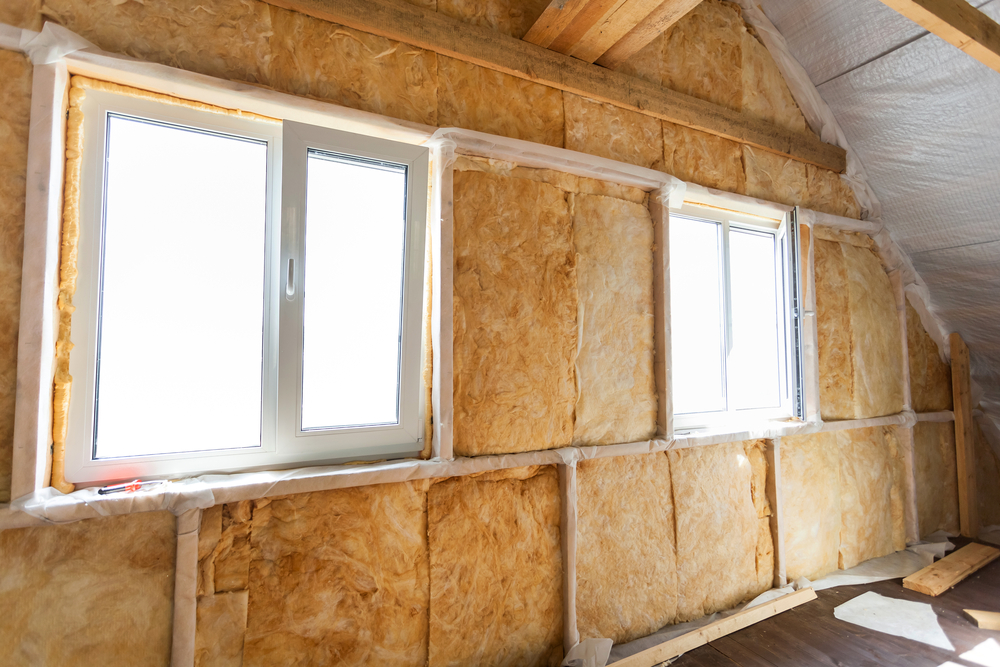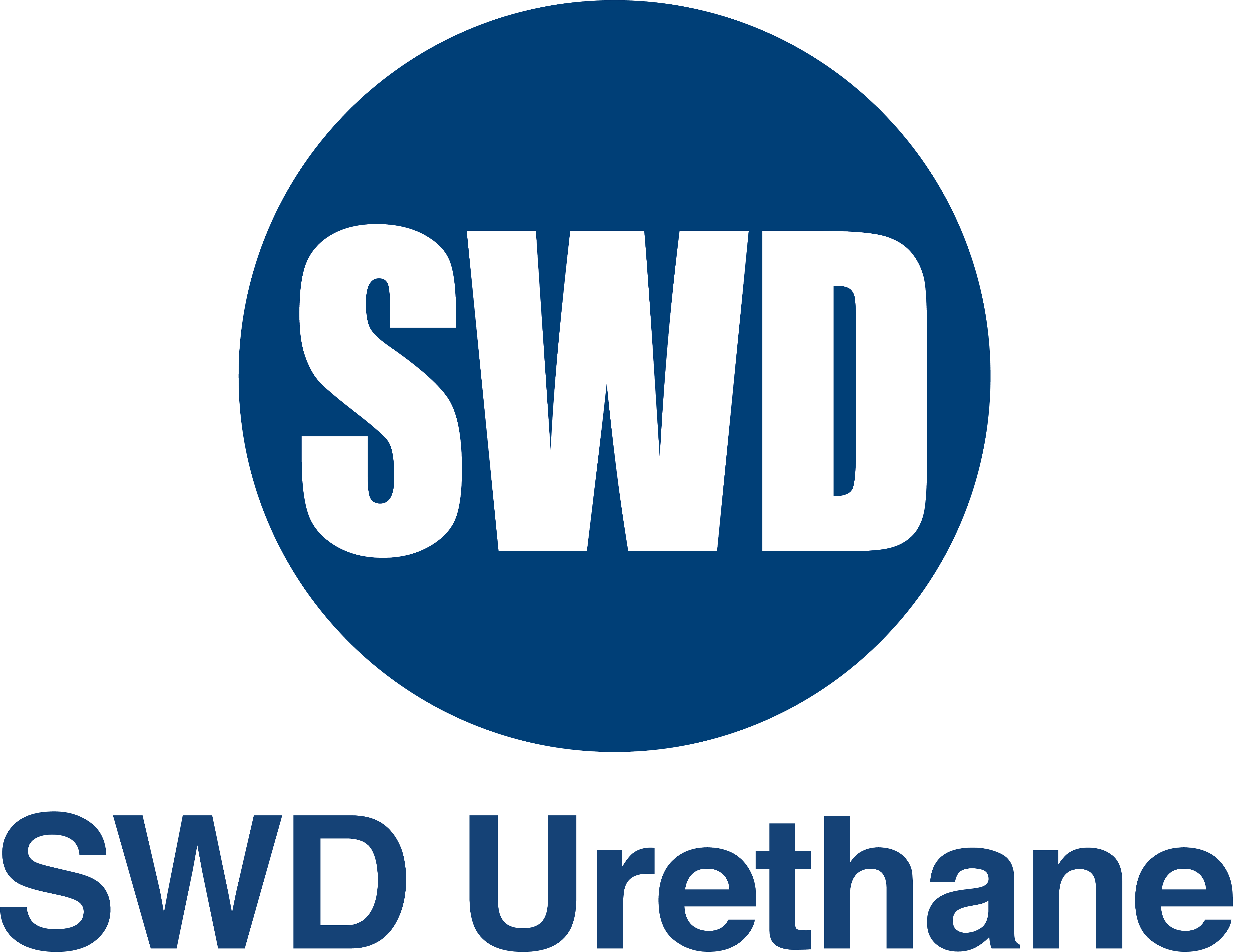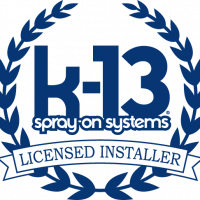
Proper attic insulation is one of the most critical yet often overlooked aspects of maintaining an energy-efficient home. While many homeowners focus on windows, doors, and HVAC systems to reduce energy consumption, the attic plays a vital role in regulating temperature and keeping utility bills manageable. Inadequate or poorly installed insulation can lead to significant heat loss in the winter and excess heat gain in the summer, forcing your heating and cooling systems to work overtime. This results in increased energy use and, ultimately, higher expenses. In this blog, we will explore how effective attic insulation contributes to energy efficiency, the long-term financial benefits, common types of insulation materials, installation tips, and when to consider professional help.
The Link Between Attic Insulation and Energy Efficiency
Attic insulation serves as a barrier that slows the transfer of heat between your living space and the outside environment. During colder months, insulation traps warm air inside your home, reducing the amount of heat that escapes through the attic. In the summer, it prevents hot air from penetrating your home’s interior, thereby minimizing the need for air conditioning. This regulation of indoor temperature leads to less frequent use of HVAC systems, making your home more energy efficient and reducing wear and tear on expensive equipment.
The importance of energy efficient insulation becomes even more evident when considering the statistics. According to the U.S. Department of Energy, homeowners can save up to 15% on heating and cooling costs—amounting to a significant annual reduction in energy usage—by properly insulating and air sealing their homes, with the attic being one of the top priority areas. For homeowners seeking to lower electric bills, investing in high-quality attic insulation is an impactful and relatively low-maintenance solution.
Financial and Environmental Benefits
The financial advantages of proper attic insulation extend beyond just lower electric bills. Over time, the initial investment in insulation materials and installation pays for itself through reduced energy expenses. Depending on the size of the home and the local climate, homeowners can expect a return on investment within a few years. The savings continue indefinitely, making attic insulation a smart, long-term financial decision.
Moreover, energy efficient insulation contributes to environmental sustainability. By reducing the need for electricity and gas, homeowners lessen their carbon footprint. This reduction in energy consumption aligns with broader environmental goals such as cutting down greenhouse gas emissions and conserving natural resources. Home insulation, particularly in the attic, is a simple yet effective step toward creating a greener, more sustainable future.
Additionally, proper insulation can enhance property value. Homebuyers are increasingly aware of energy efficiency and are often willing to pay a premium for homes with proven energy-saving features. A well-insulated attic can be a key selling point in a competitive housing market.
Choosing the Right Insulation Materials
There is no one-size-fits-all solution when it comes to attic insulation. The best material depends on various factors such as climate, budget, and the specific needs of the home. Common types of insulation include fiberglass, cellulose, spray foam, and mineral wool. Each comes with its unique advantages and drawbacks.
Fiberglass is one of the most popular options due to its affordability and ease of installation. It typically comes in batts or rolls and provides good thermal resistance. However, it can lose effectiveness if compressed or improperly installed. Cellulose insulation, made from recycled paper products, is environmentally friendly and effective at filling gaps and irregular spaces, making it ideal for older homes. Spray foam insulation offers superior air sealing and high R-values, making it highly effective for energy efficiency. However, it tends to be more expensive and requires professional installation. Mineral wool is another strong contender, offering excellent fire resistance and soundproofing qualities in addition to thermal insulation.
It’s essential to consider the R-value—the measure of thermal resistance—when choosing insulation. A higher R-value indicates better insulation effectiveness. The recommended R-value for attics varies by region, with colder climates requiring higher values to maintain optimal indoor temperatures.
Installation: DIY vs. Professional Help
While some types of attic insulation can be installed by homeowners with the right tools and safety equipment, professional installation is often the best route to ensure maximum efficiency. A professional installer has the expertise to evaluate your home’s current insulation, identify problem areas, and recommend the most effective materials and methods. They also ensure that the insulation is evenly distributed, properly sealed, and meets local building codes.
DIY installation may seem cost-effective initially, but it comes with potential risks. Improperly installed insulation can lead to air leaks, moisture buildup, and even mold growth. Moreover, many older homes have attics that are difficult to access or contain outdated materials like asbestos, which pose health hazards. A professional can safely navigate these challenges and deliver a more reliable, long-lasting result.
Before any insulation project, it’s important to conduct a thorough energy audit to identify areas of heat loss. This audit will help determine whether additional air sealing or ventilation is required, which can further enhance the effectiveness of your insulation. Combining attic insulation with other home insulation strategies can lead to even greater energy savings and comfort.
Maintenance and Periodic Upgrades
Proper attic insulation is not a set-it-and-forget-it solution. Over time, insulation materials can settle, degrade, or become damaged by moisture and pests. Therefore, periodic inspection is essential to maintain optimal performance. Homeowners should check for signs such as uneven indoor temperatures, drafts, or unusually high utility bills, all of which may indicate compromised insulation.
Replacing or upgrading insulation can be particularly beneficial for older homes that may not meet current energy efficiency standards. As building codes evolve and insulation technology advances, upgrading your attic insulation can keep your home aligned with modern standards and maximize energy savings. Additionally, local and federal incentives or tax credits may be available to offset the costs of upgrading insulation, making it an even more attractive option.
Moisture control is another critical aspect of insulation maintenance. Attics are prone to condensation and leaks, which can degrade insulation and promote mold growth. Ensuring proper ventilation and addressing any roof issues promptly will help preserve the effectiveness of your insulation and protect your home’s structural integrity.
In conclusion, maintaining and upgrading attic insulation should be an ongoing part of homeownership. Not only does it keep energy costs down and improve comfort, but it also contributes to a healthier living environment and a more sustainable planet.
Conclusion
By understanding the vital role attic insulation plays in energy efficiency and home comfort, homeowners can make informed decisions that yield both immediate and long-term benefits. Whether you’re aiming to lower electric bills, increase your home’s resale value, or reduce your environmental impact, energy efficient insulation is a fundamental component of any modern home improvement strategy. From selecting the right materials to ensuring professional installation and ongoing maintenance, every step you take in optimizing your attic insulation moves you closer to a more comfortable, cost-effective, and eco-friendly living space.
Need Insulation Near You?
Since 2001, Ace Insulation Inc. has been your premier insulation experts. We take pride in being locally owned and operated as well as offering high-quality service. We specialize in the installation of insulation. Whether you are building a new home or renovating your existing space, we are the place to call. We have many materials to choose from, including fiberglass and spray foam. If you are looking for high-quality work, call us today to schedule your next consultation!


